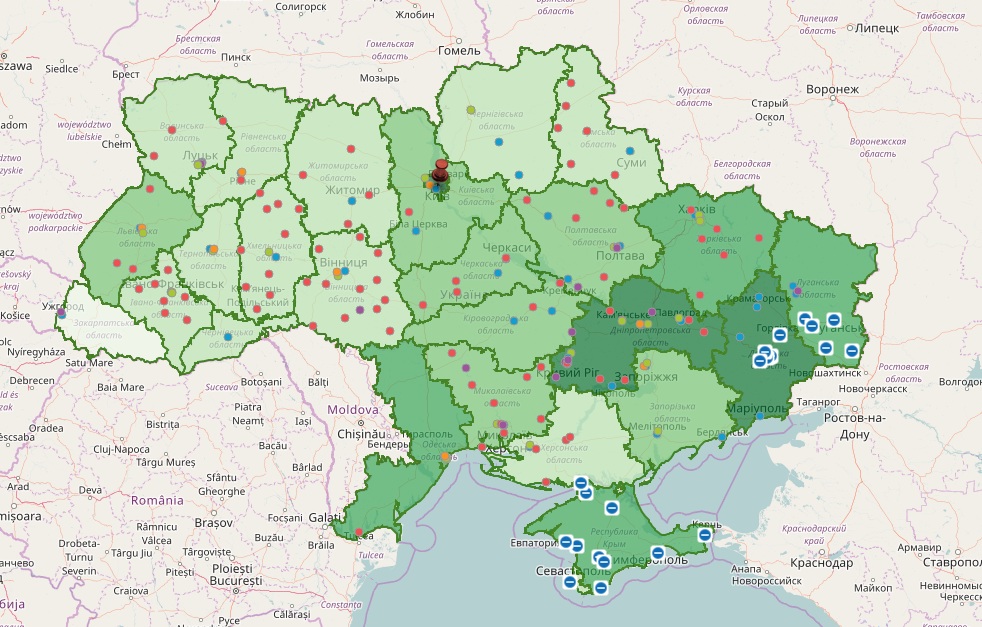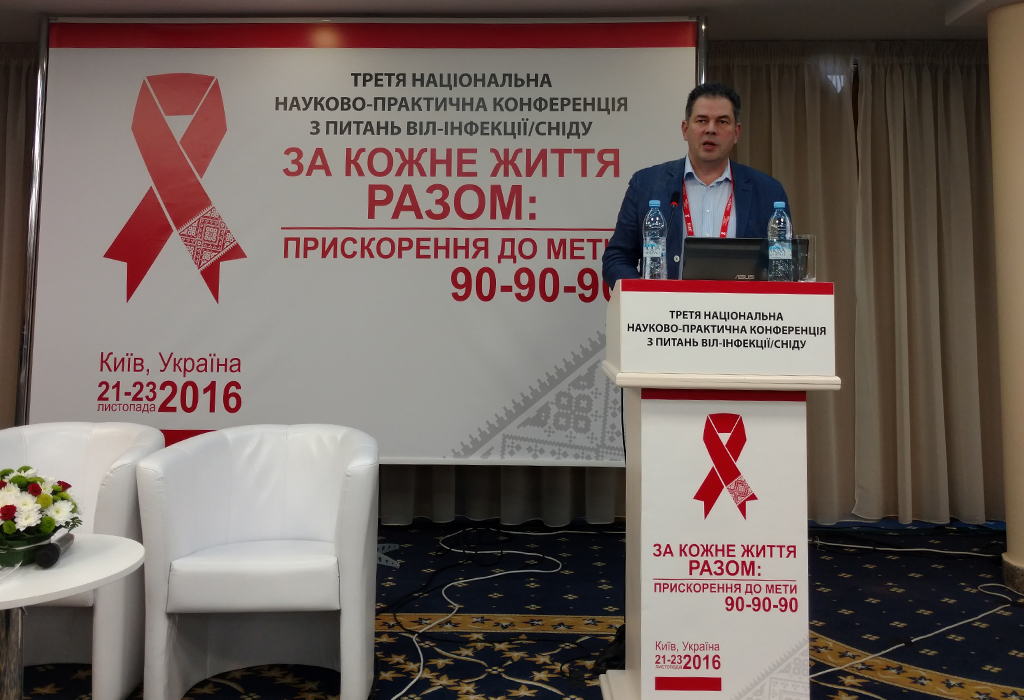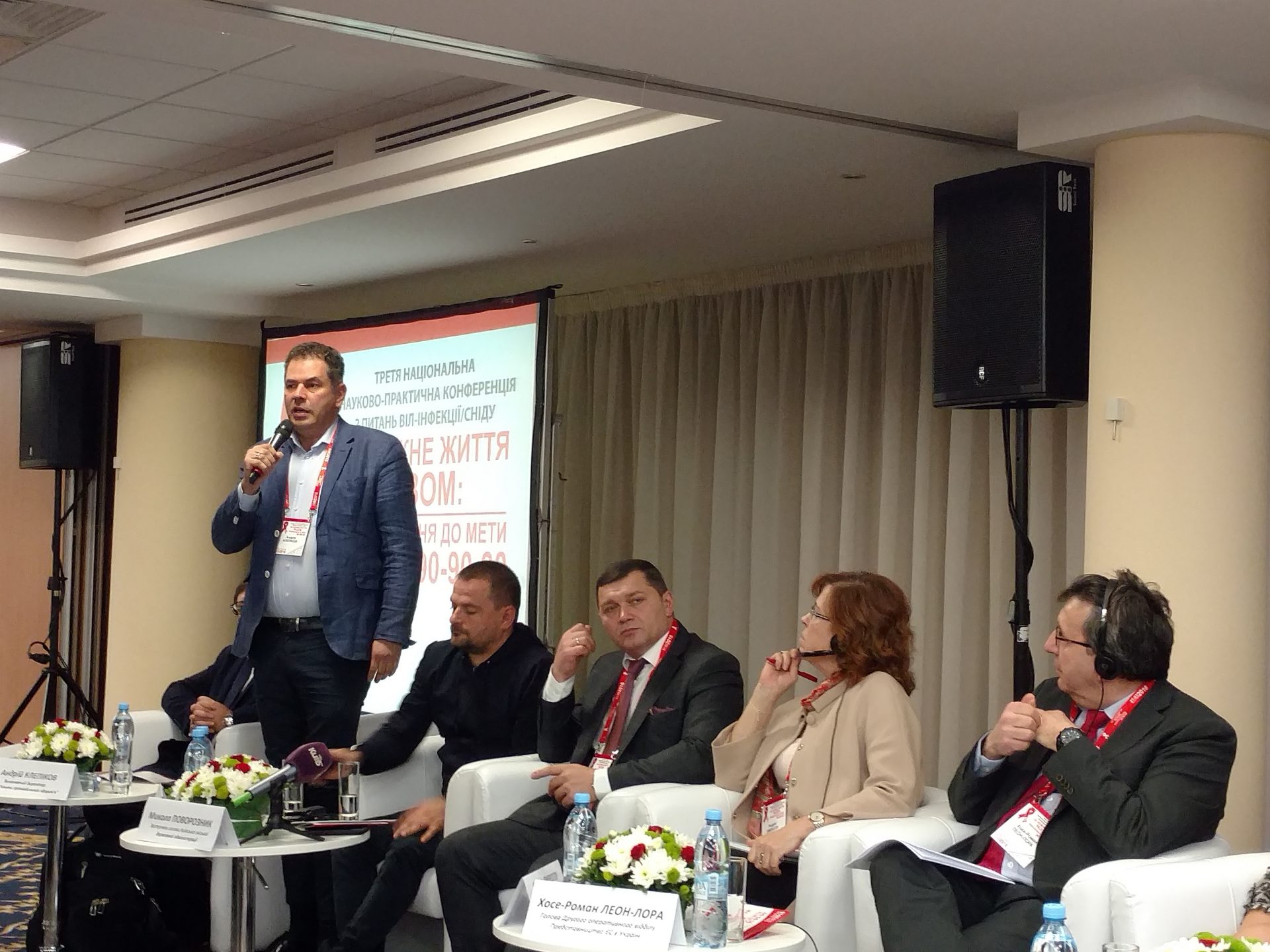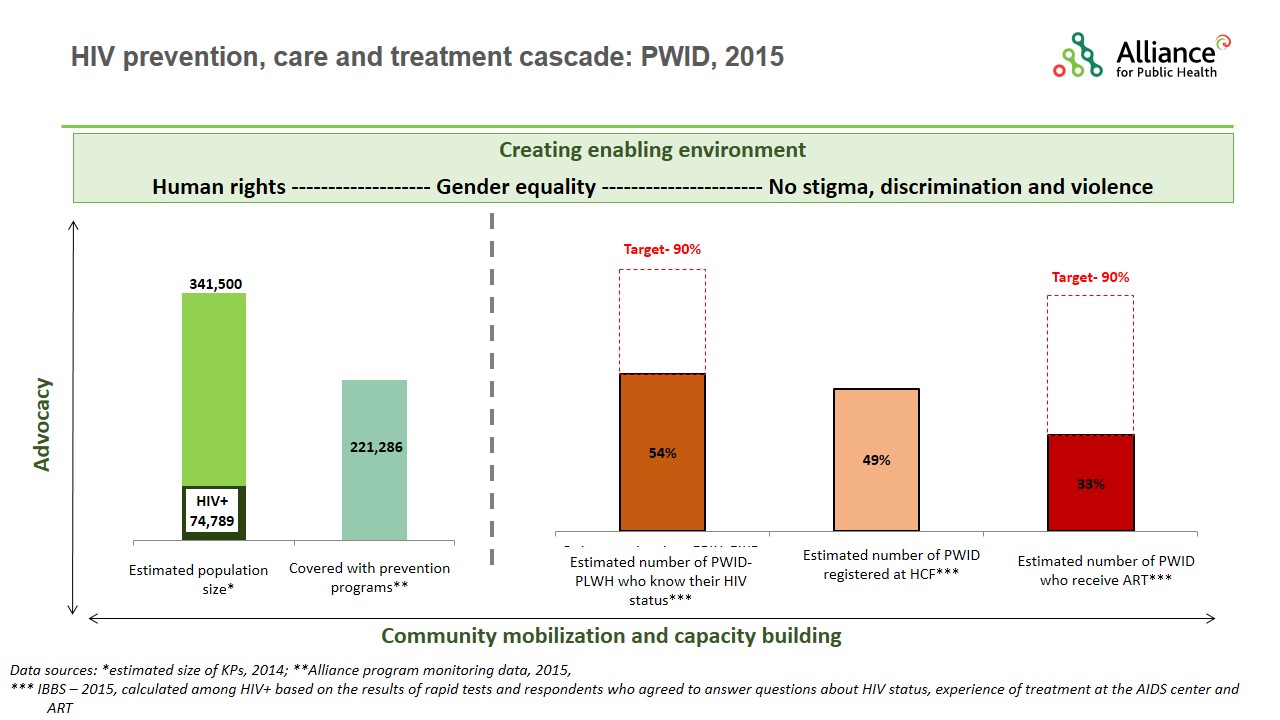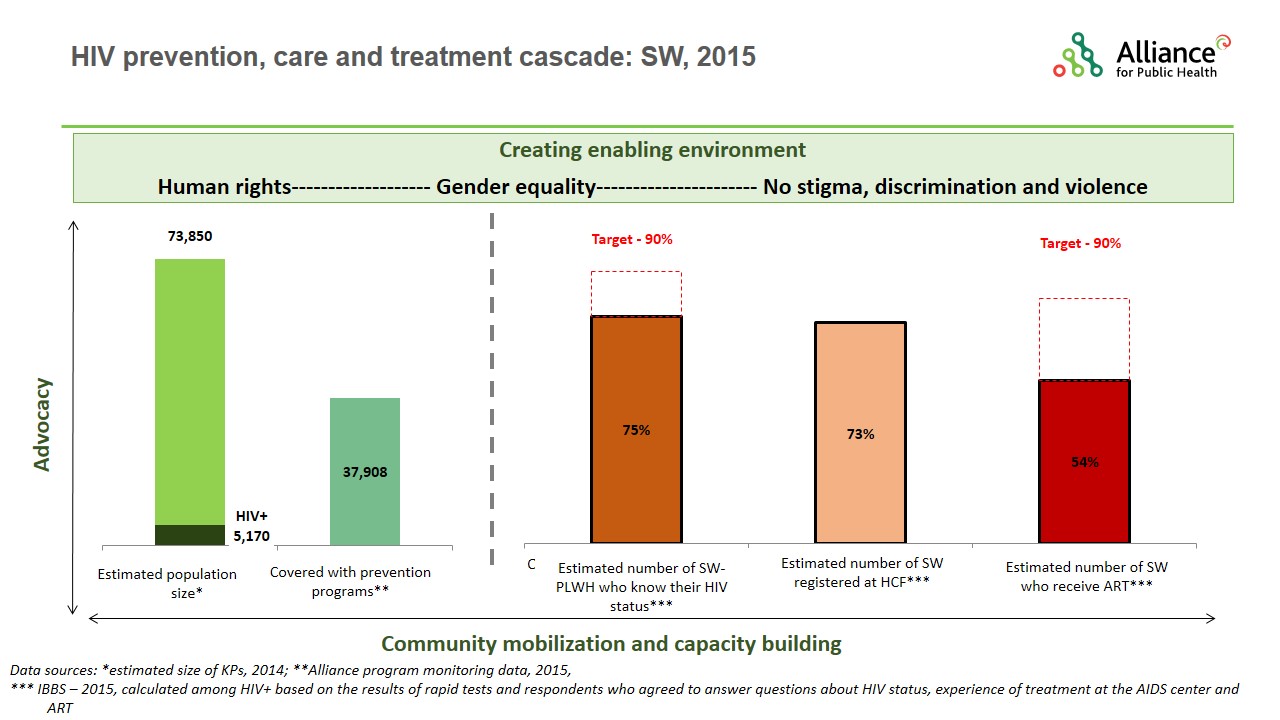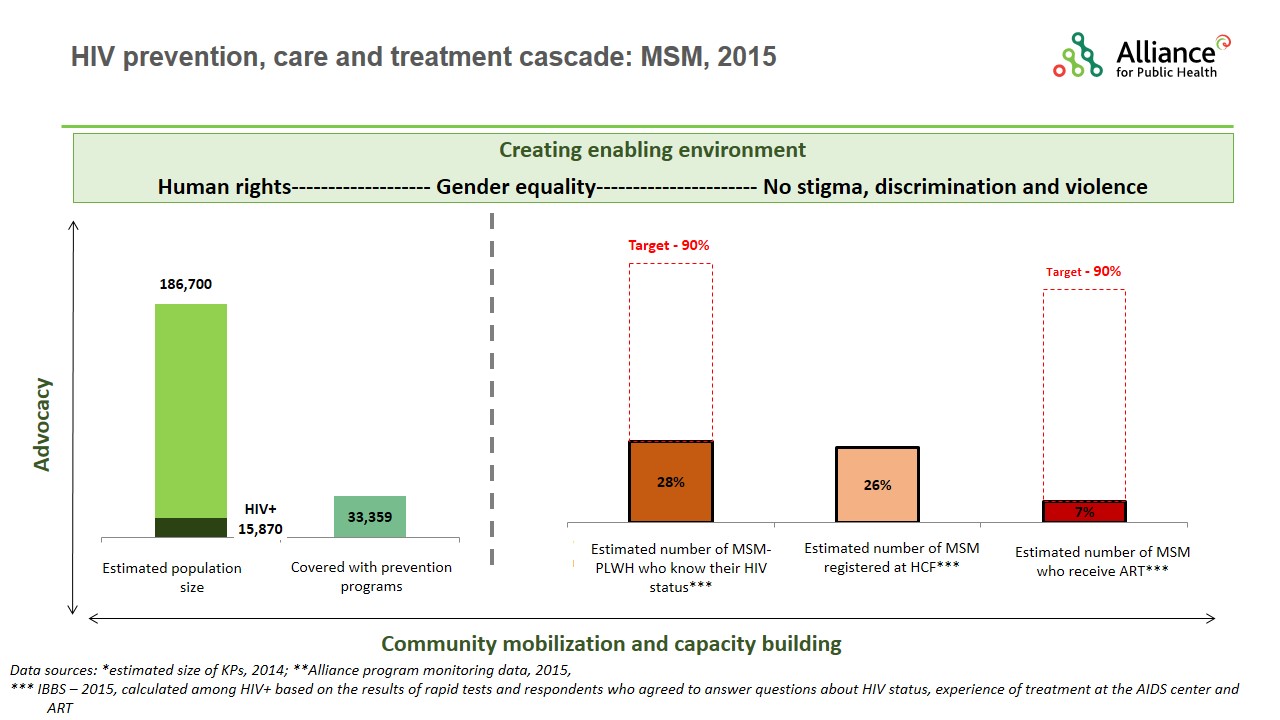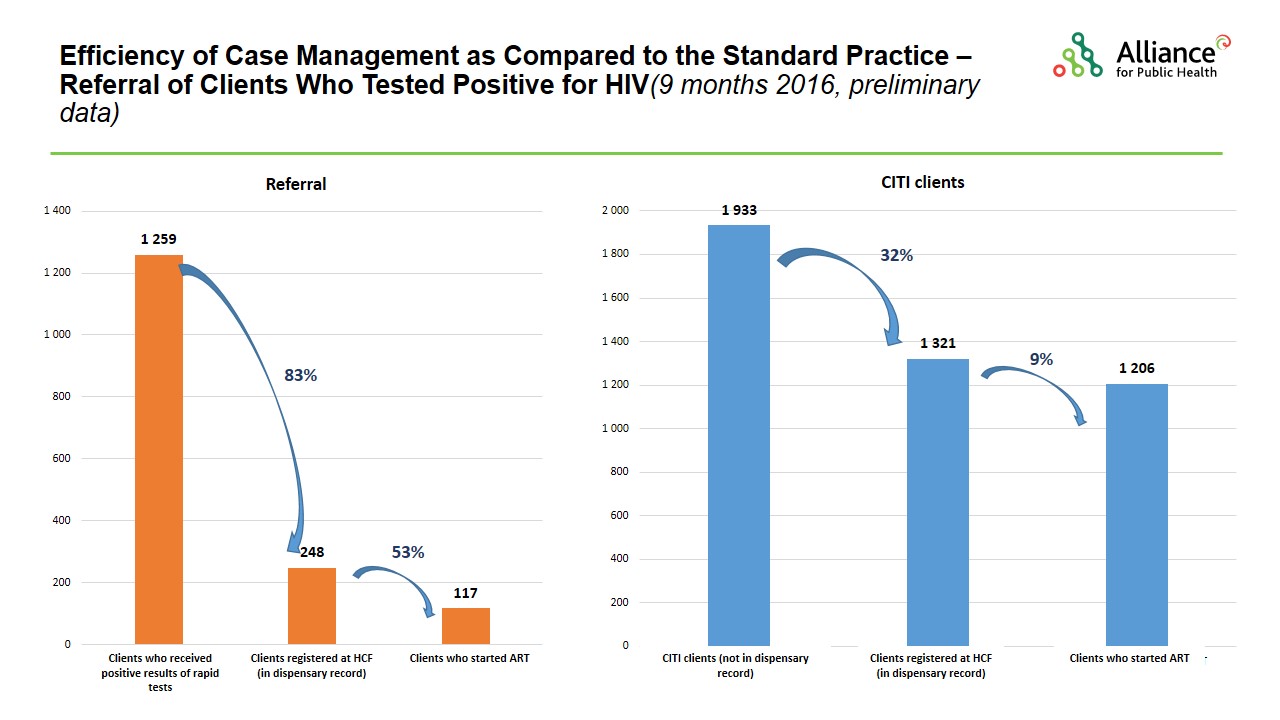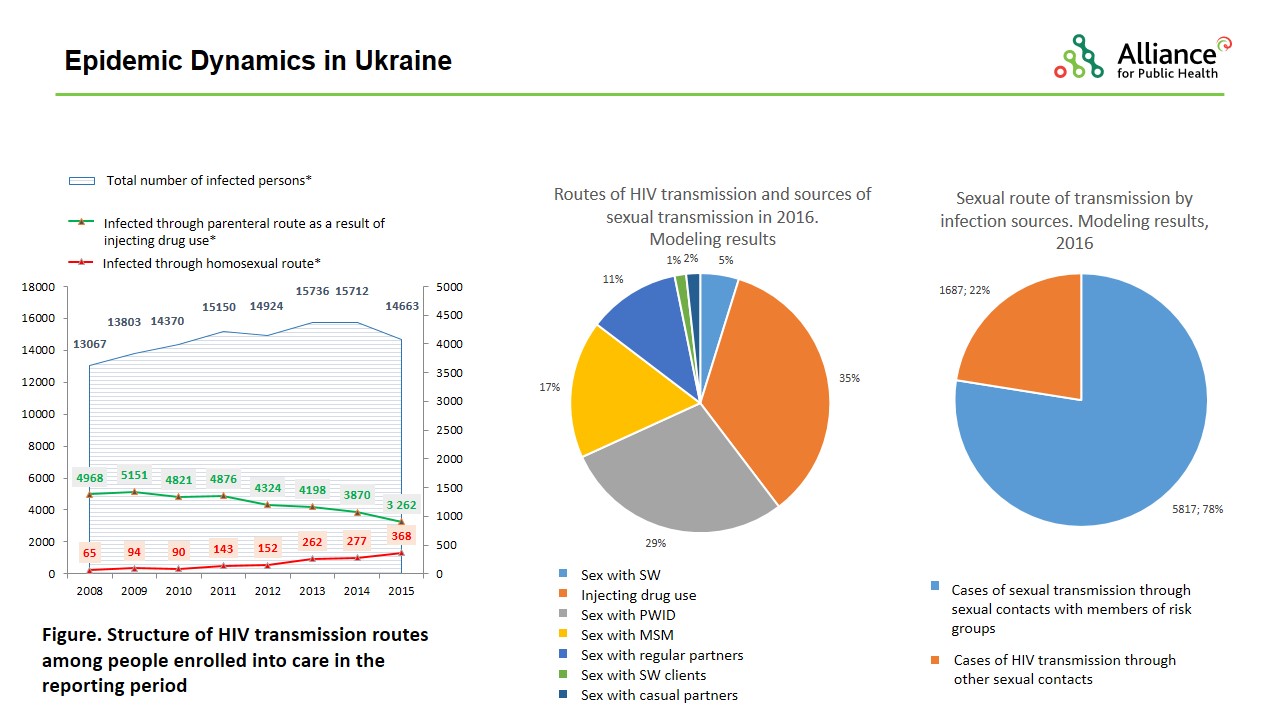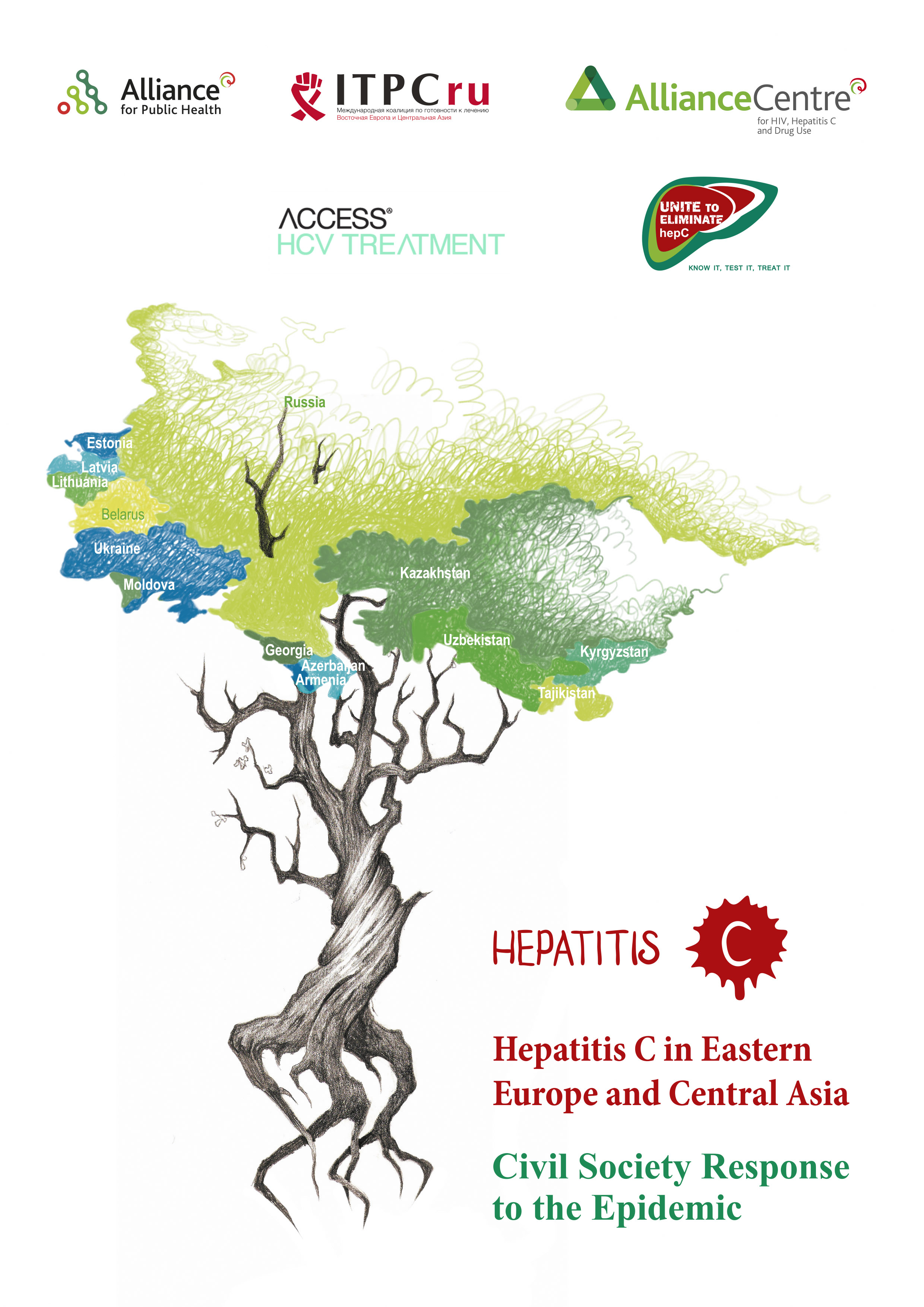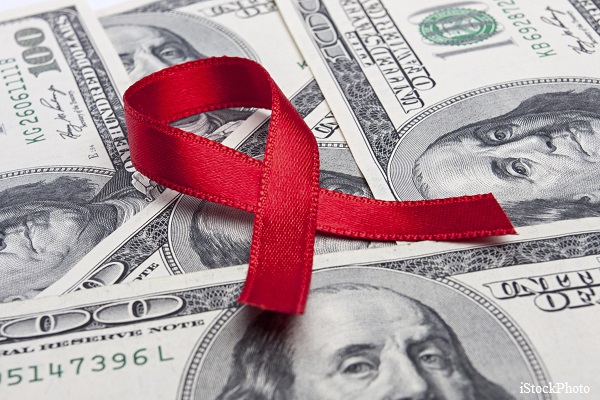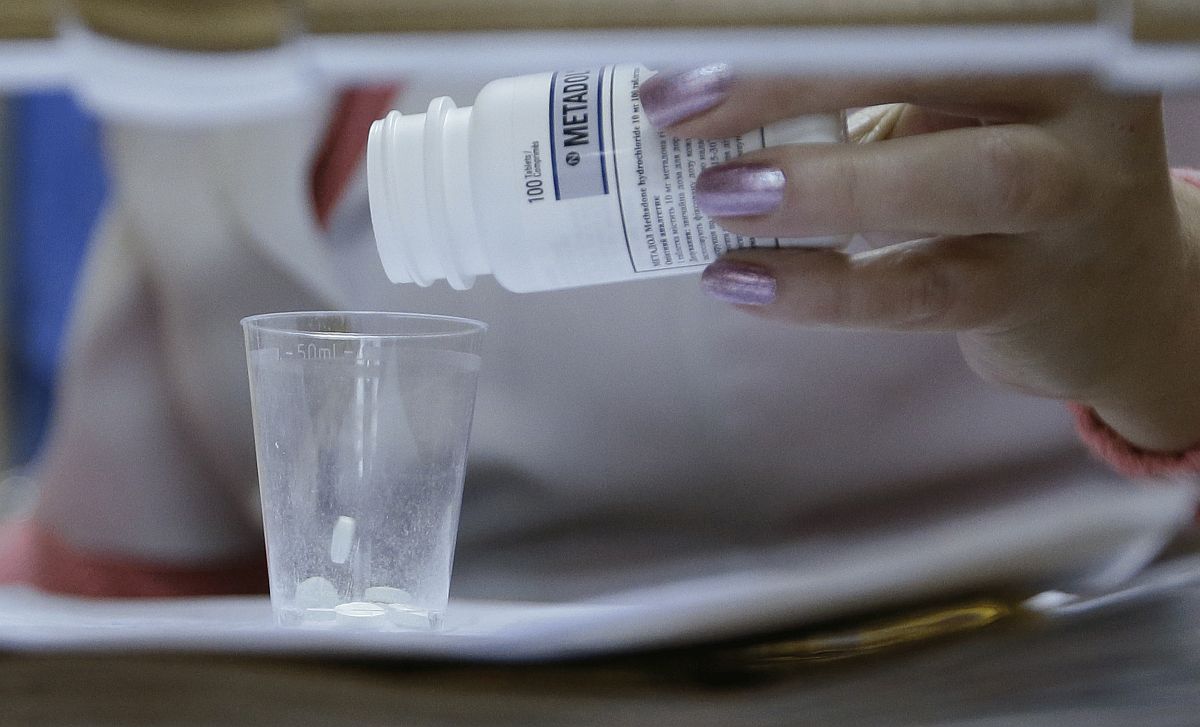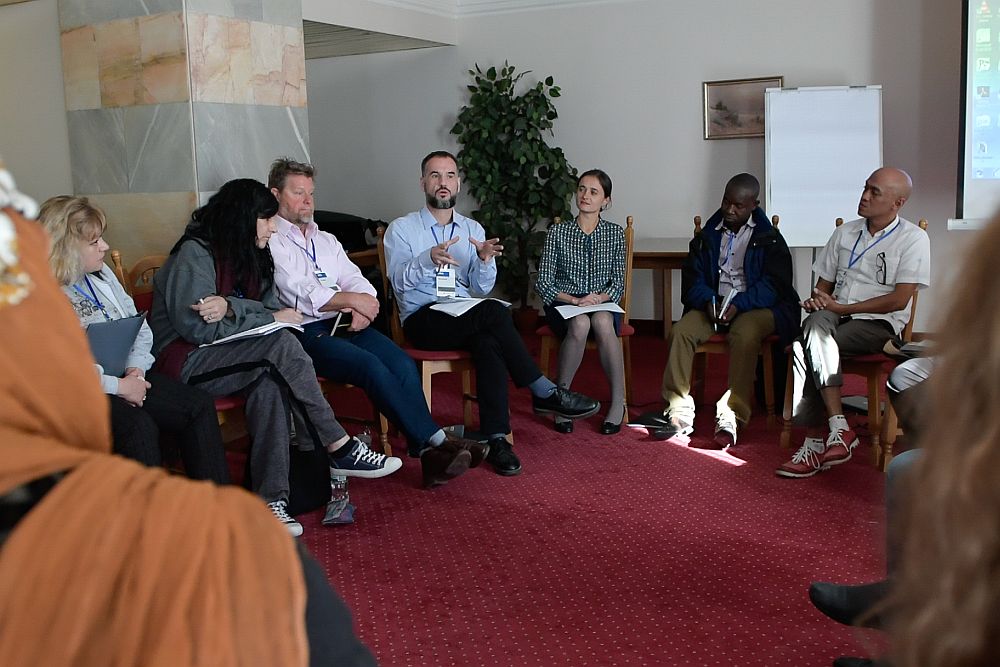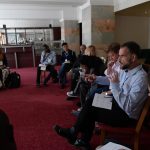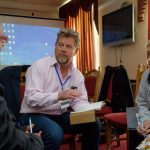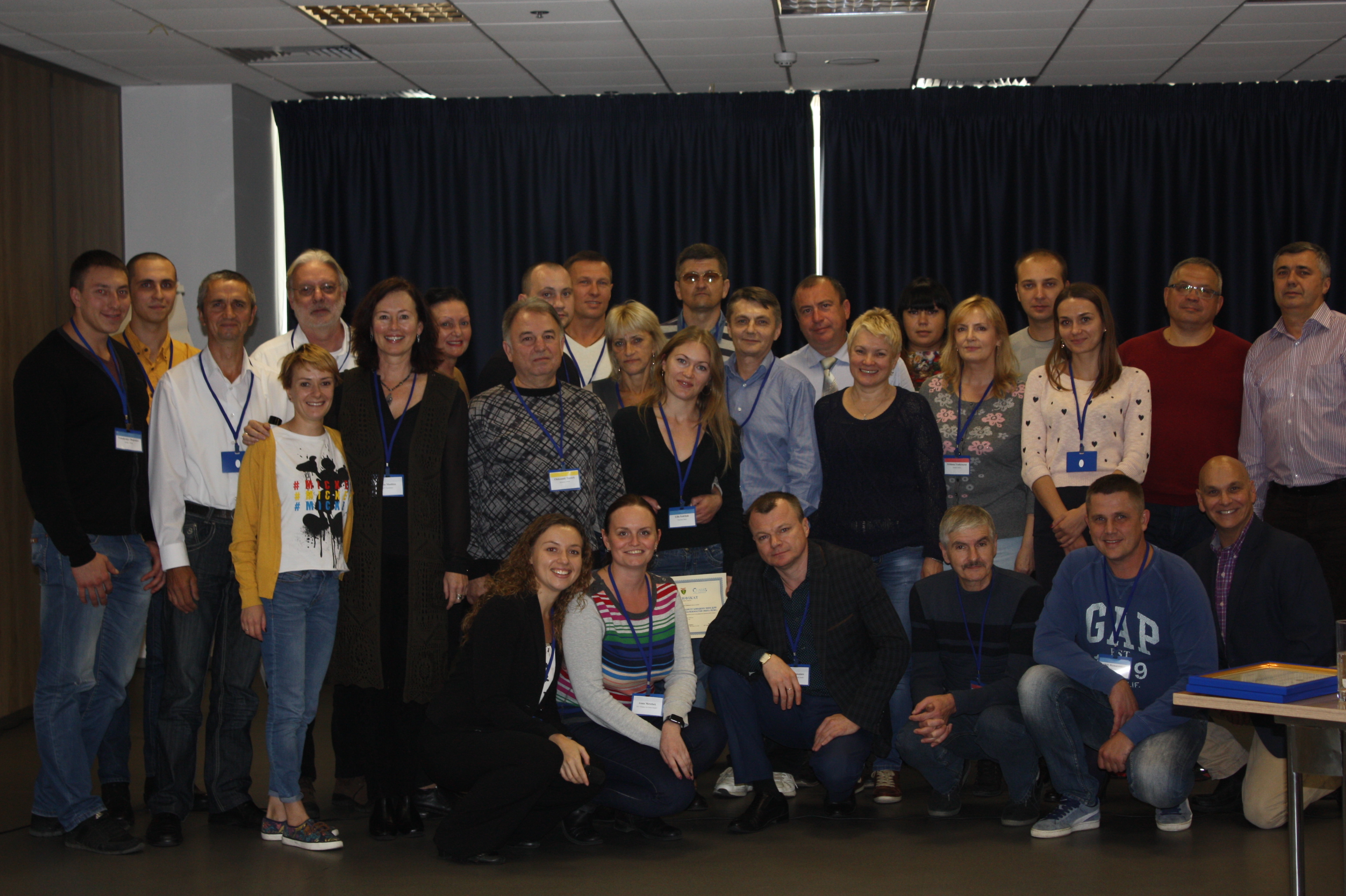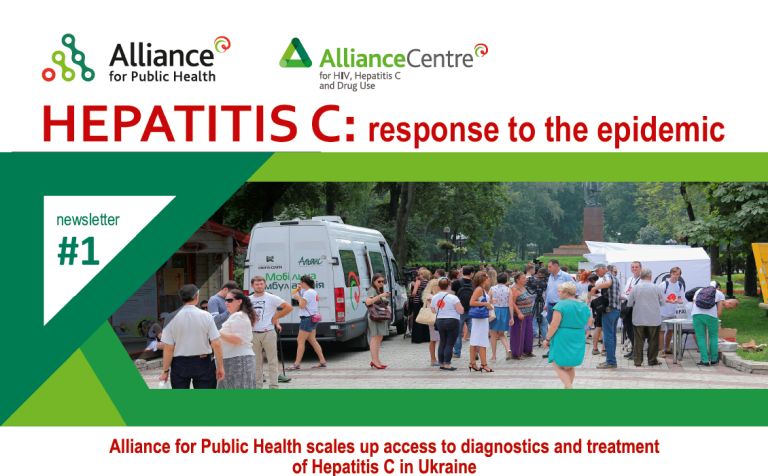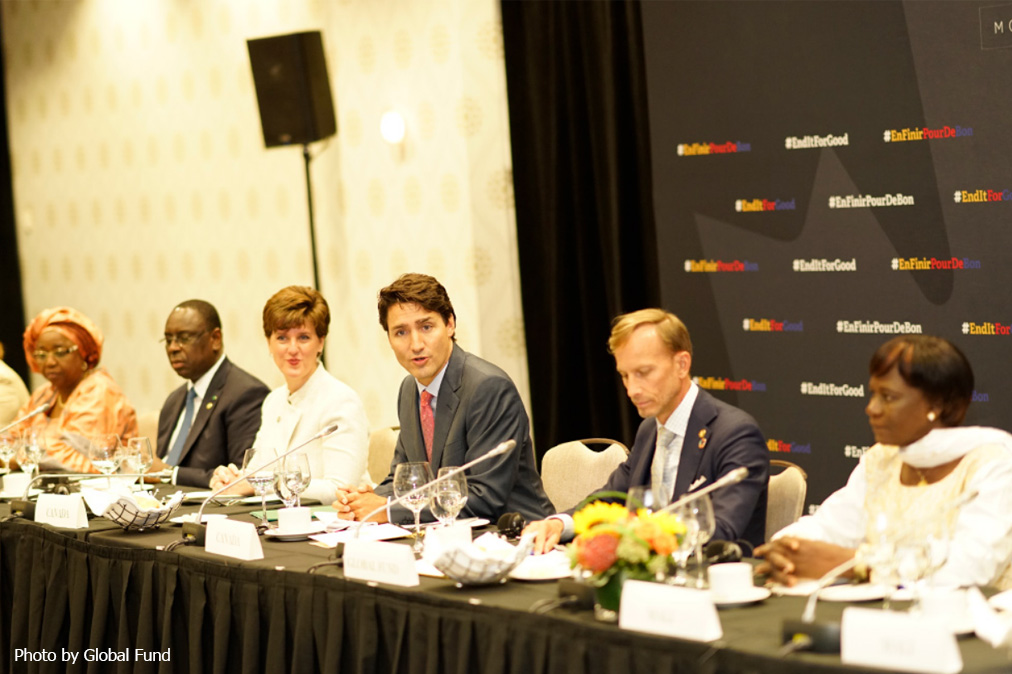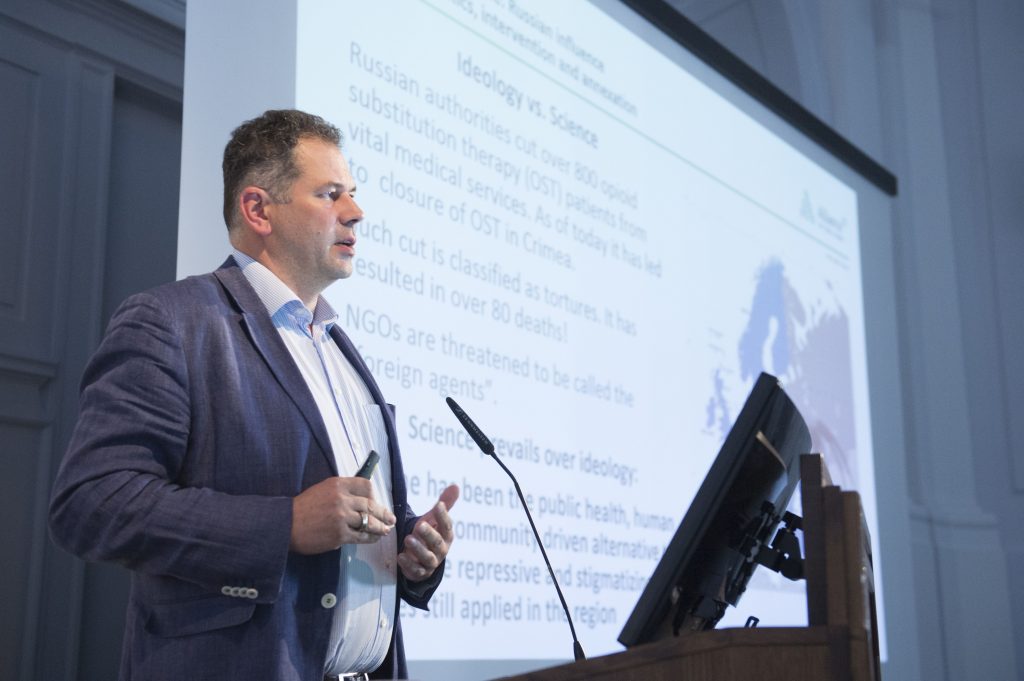The International learning course Harm Reduction Academy has opened its doors again: Module 1 of Cycle 2 has started on October, 17th in Kyiv.
Harm Reduction Academy (HRA) is a global learning, dialogue and skills building course established with the vision to end AIDS and eliminate Hepatitis C among people who inject drugs.
Over the course, three exciting weeks will be dedicated to lecture hours, combined with practical field visits in three countries in Europe, Asia and Africa.
After the Cycle 1 which took place in March-June, 2016 and inspired a huge attention, the Harm Reduction Academy continued its work and brought together a multinational audience for Cycle 2:
15 most distinguished participants from Cambodia, Indonesia, Kenya, Nigeria, Tanzania, Uganda, UK and Ukraine.
. The Cycle 2 participants are the leaders and key advisors of national NGOs, leaders of national and regional Key Populations networks, programme managers, advocacy managers, business owners, national government officials, city council officials.
The Harm Reduction Academy offers a unique combination of:
- International Harm Reduction Scope,
- Uniting theory and practice,
- Learning the decades of experience in 3 weeks.
Feedback from a participant of Cycle 2:
“What impressed me most has been a wide comprehensive range of harm reduction interventions that we have been able to cover. Having done the Academy, when I return, I am going to be a lot more assertive about how I go forward strategically and implement harm reduction in our strategic thinking…”
Mags Maher, Coordinator, EuroENPUD
Diverse international experience and peer exchange will equip our Students to find the optimal solution for every challenge in their harm reduction work: the programme planning, communication with stakeholders or organisational and managerial issues in the scarce resources.
Our trainers are the leading program developers and activists having profound harm reduction expertise.
Pavlo Smyrnov from Alliance for Public Health (Ukraine) has experience in health policy and strategical planning, finance management, project development and management. Mr.Smyrnov has good knowledge of study design, research and M&E methodology, statistical analysis, also he has a good understanding of statistics, biostatistics and epidemiology.
Vyacheslav Kushakov from the Alliance for Public Health (Ukraine) will share his extensive experience of work with non-governmental as well as governmental entities in a variety of fields ranging from academic research and sociological explorations of gender, to development, management and evaluation of complex HIV prevention and care programs and projects, with particular focus on vulnerable and marginalized communities.
We will be involving other great speakers and harm reduction experts presenting experience of their work in Ukraine and internationally.
The Harm Reduction Academy has announced the call for applications for Cycle 3. The deadline is December, 1st. Details and registration form are available by the link
Follow our daily news on Facebook, Twitter @allianceforph

